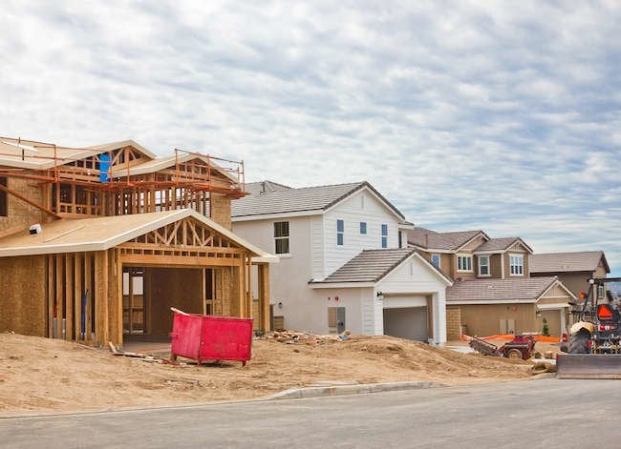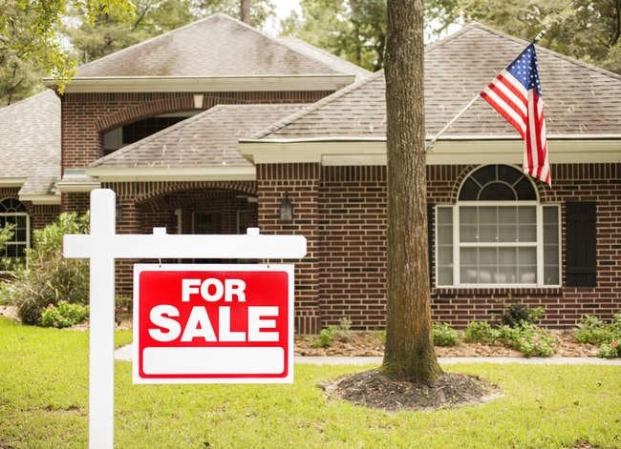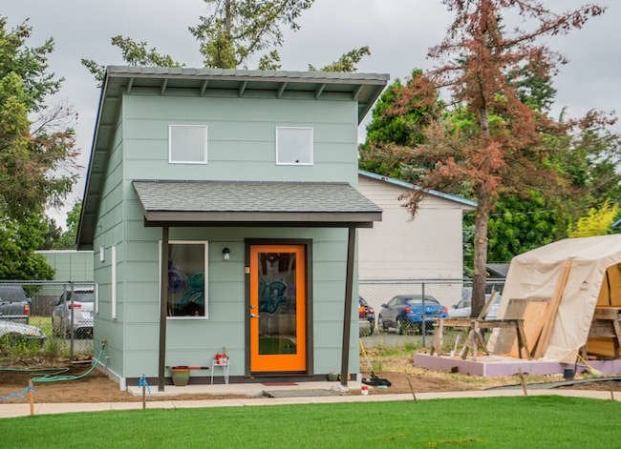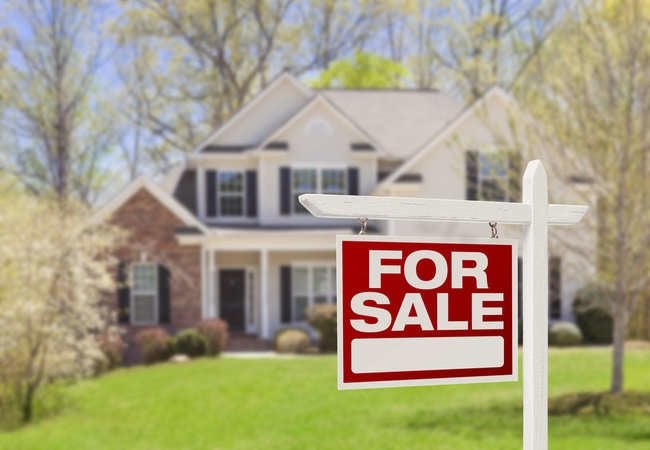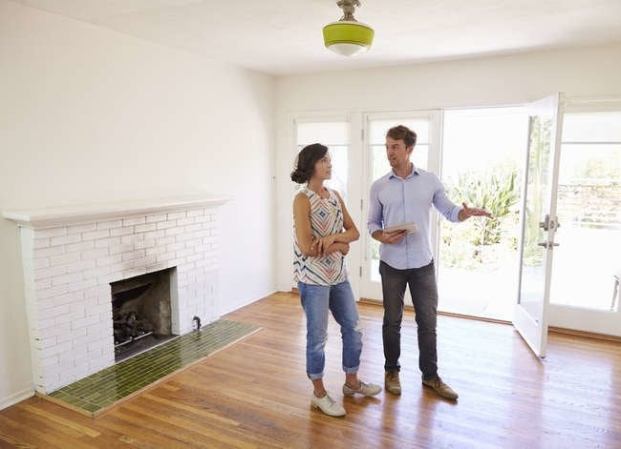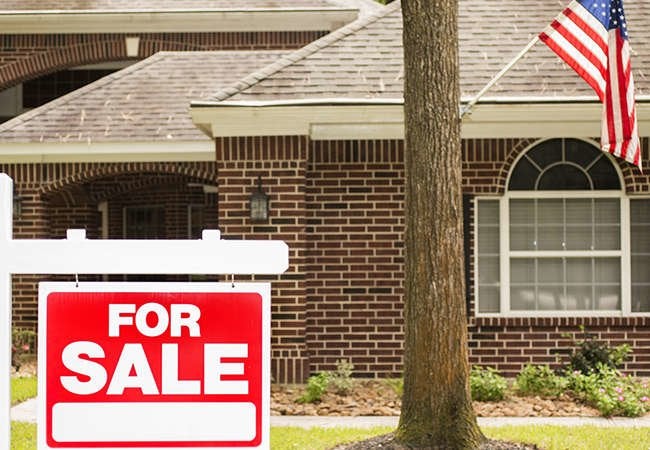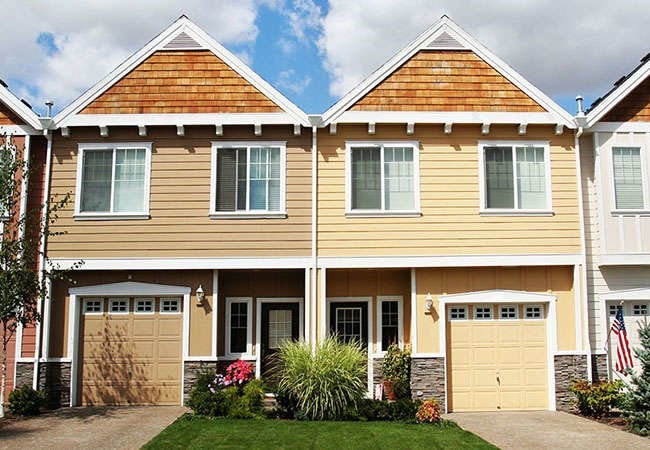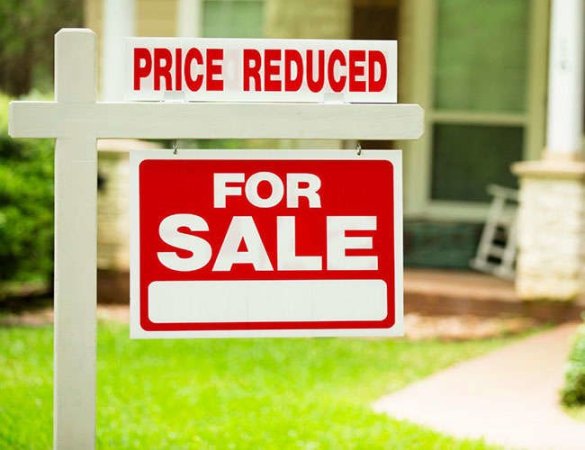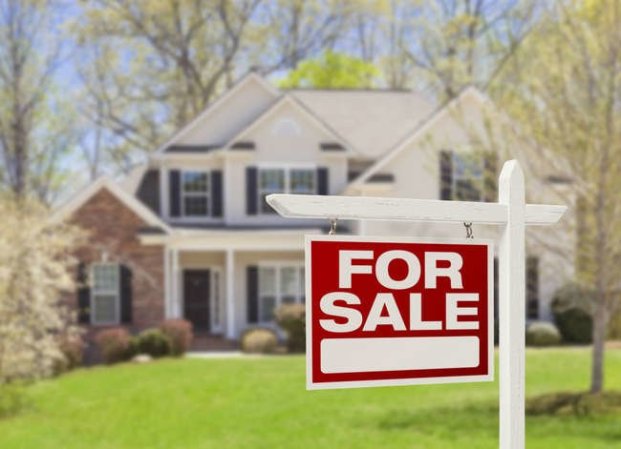We may earn revenue from the products available on this page and participate in affiliate programs. Learn More ›
Numbers and Negotiations

Buying a house is a pricey prospect no matter how you look at it. In a typical real estate deal, the buyers will offer less for the home than the sellers are asking and then it’s up to the sellers to accept the offer or make a counteroffer. Many houses—but not all—eventually sell for less than their asking price. Offering more for a house than the buyer is asking runs counter to what most buyers want to do, and yet, in the following situations, it may be the only way to successfully buy the house.
You Have Competition

Before making an offer on a house, ask your real estate agent to contact the seller’s agent and find out whether other offers are being considered. Armed with the knowledge that other potential buyers have already made an offer (or are thinking about making one), you may want to offer a bit more to make your offer stand out. When other offers are already on the table, offering more than asking price could tip the scales in your favor.
It’s a Seller’s Market

When very few houses are on the market, and the ones that are listed sell within hours or just a couple of days, you should be prepared to offer more than a seller is asking. This is also a time when you have to make decisions quickly. In a seller’s market, it pays to have an agent who is continuously watching for new homes that meet your conditions. When one is listed, be prepared to make your best offer—as quickly as you can.
A Cash Offer is On the Table

Most homebuyers need financing when buying a home, so when they make an offer on a house, that offer is contingent on their lender approving them for a mortgage. If their financing falls through, so does the deal. Cash buyers are very attractive to sellers because there’s no risk of the deal going south for lack of financing. If a cash buyer makes an offer on the house you want, you may have to offer more than the seller’s asking price in order to sweeten the pot and convince the seller to accept your offer.
The Seller is Just “Testing the Waters”
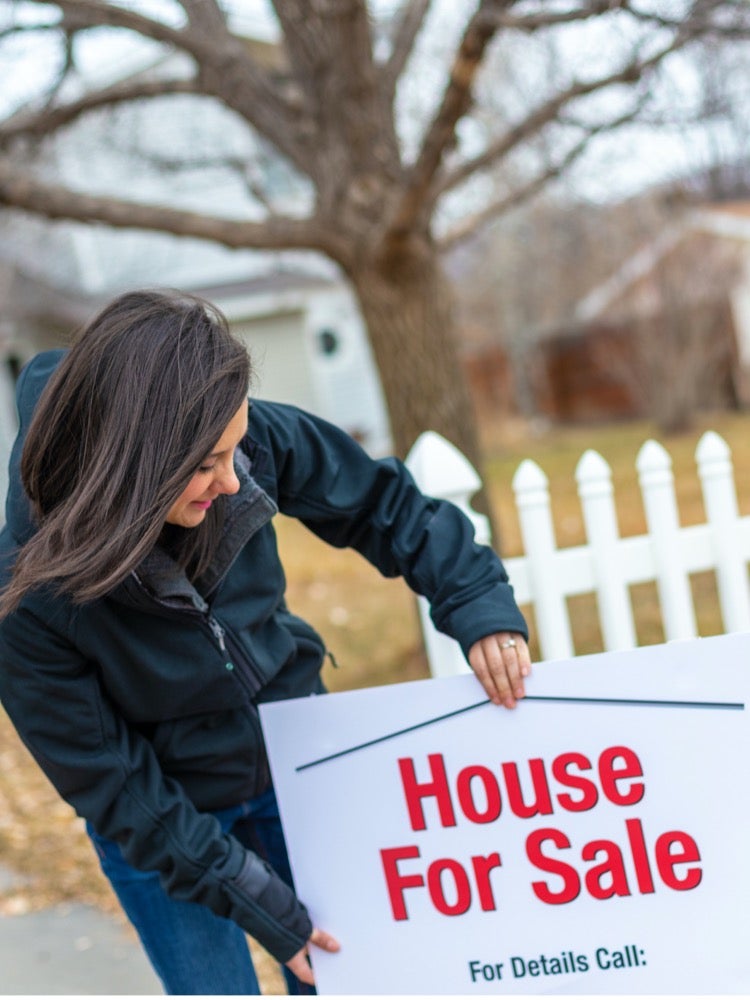
While some sellers are highly motivated to sell, others aren’t. Some sellers might be putting out feelers to see if there is any interest in their home. These sellers are in no hurry to sell, so you may need to make them an offer they don’t feel they can refuse. By offering more than they’re asking, you stand a better chance of convincing them to accept your offer.
You Need Seller Financing

If you can’t get a traditional loan (perhaps due to poor credit), you might try going the seller-financing route. This is when you make an offer on a house and ask the seller to accept monthly payments for a specified time (such as a year or two) while you clean up your credit to qualify for a mortgage. This is a risky proposition for both parties, and often, the only way a seller will agree to the deal is if you offer to pay more than the asking price.
This is “The” House
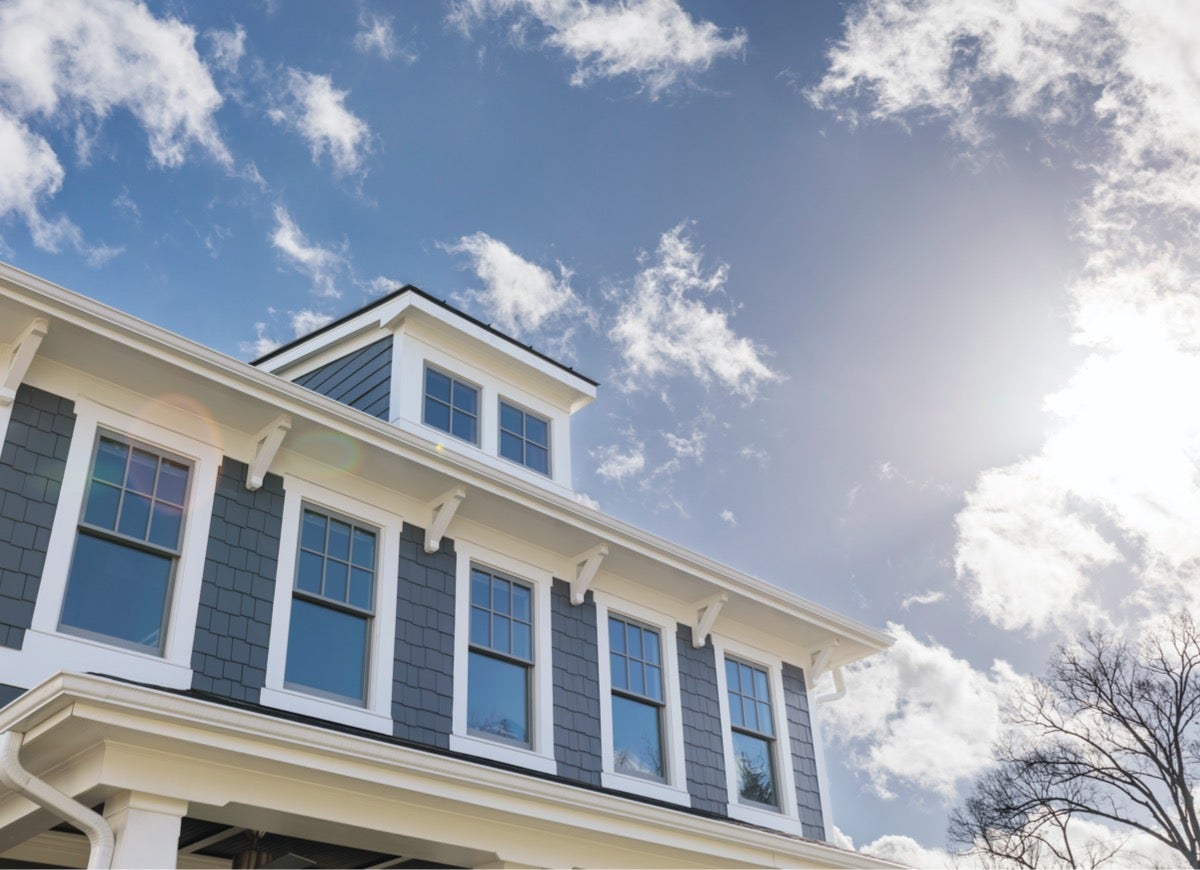
If you’ve been house-hunting for a while and suddenly the home of your dreams hits the market, shooting a low-ball offer might mean you don’t get the house. Only you can decide whether a specific house is worth offering more. If it’s the right style, in the perfect neighborhood, or in the perfect school district, offering more than the asking price will increase your odds of getting the house.
You’re Buying Long-Distance

This is a common scenario if you’ve been transferred to a new community for employment purposes. Relocating for work often involves flying to the new community and then having only a day or two to tour houses and make an offer. If you find one you like, offering a bit more than asking price is a good strategy, because you likely don’t have time to keep flying back to tour more homes if your offer is rejected.
The Home is Underpriced
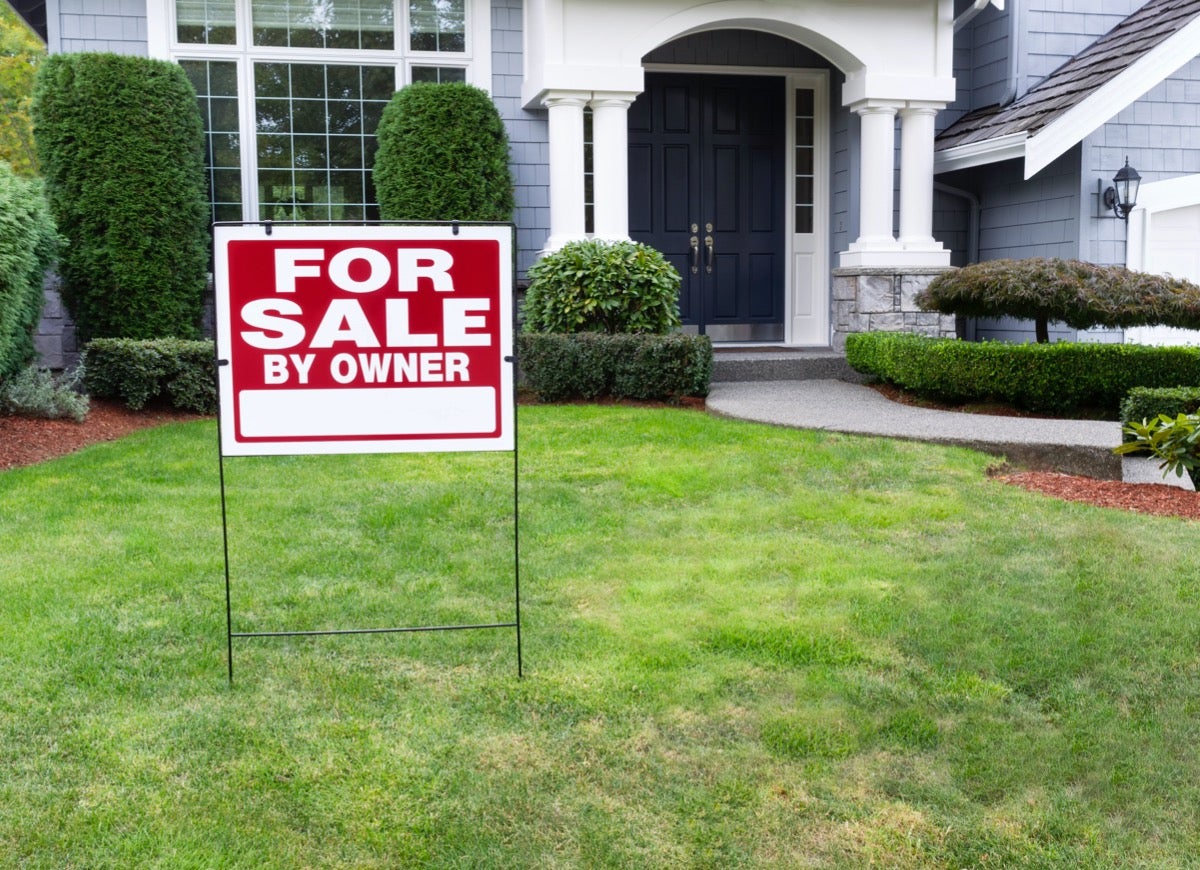
When a house is obviously underpriced, don’t count on being the only one who notices. Other buyers who have been house-hunting will figure it out as quickly as you do and multiple higher-price offers are likely to pour in. This is a situation that can trigger a bidding war. If you really want the house, offering more than what the sellers are asking could put your offer at the top of the pile.
Your Offer is Contingent

A contingency can hold up a sale—or result in the deal falling through. If you make an offer on a house and your offer is contingent upon selling your existing house, or contingent on getting a certain job, the seller is likely to accept an offer that doesn’t have a contingency. To make your offer more attractive, consider offering more than the seller’s asking price.
Related: 10 Real Estate Negotiation Tactics That Can Really Backfire



